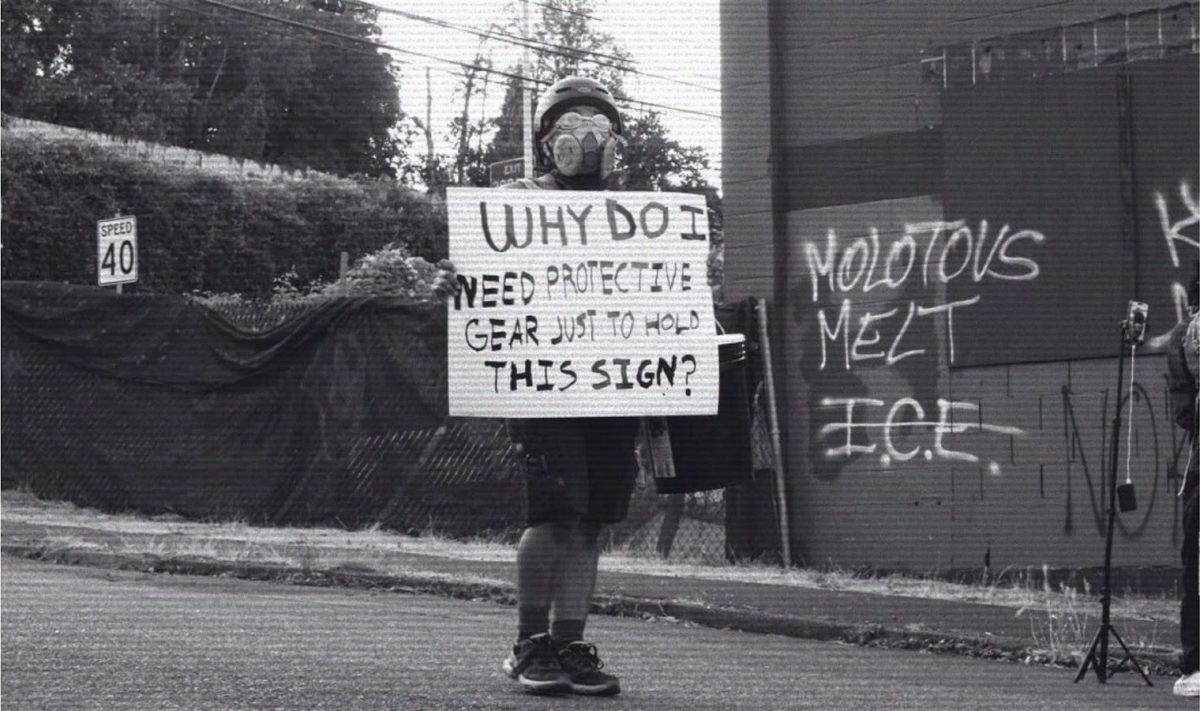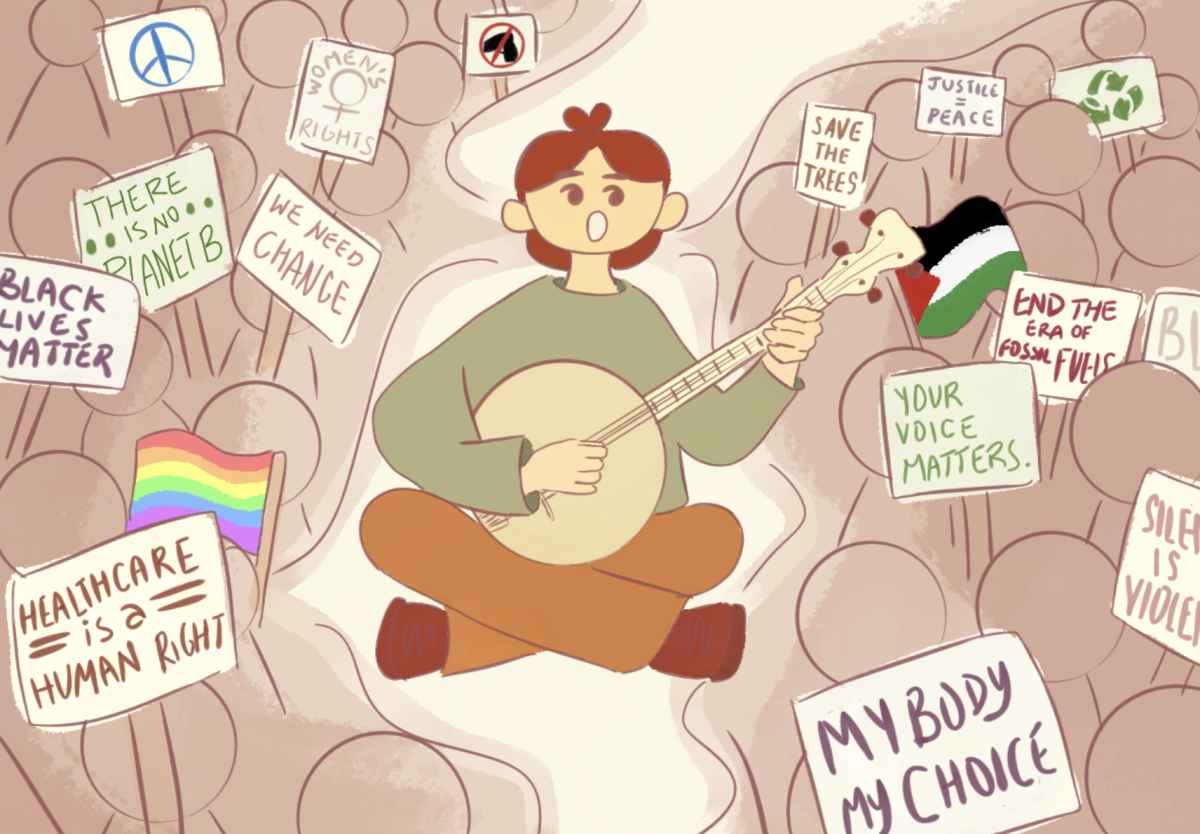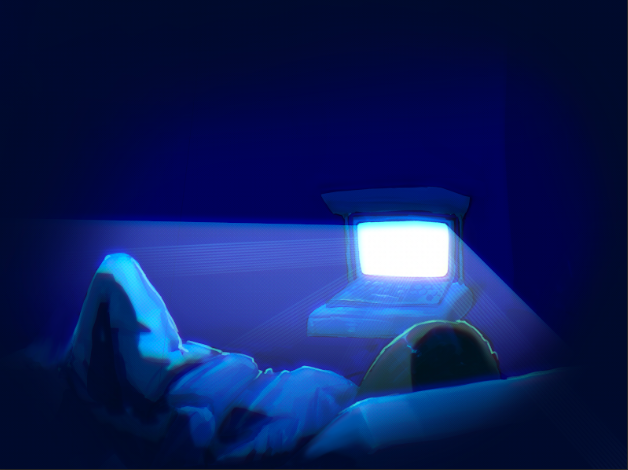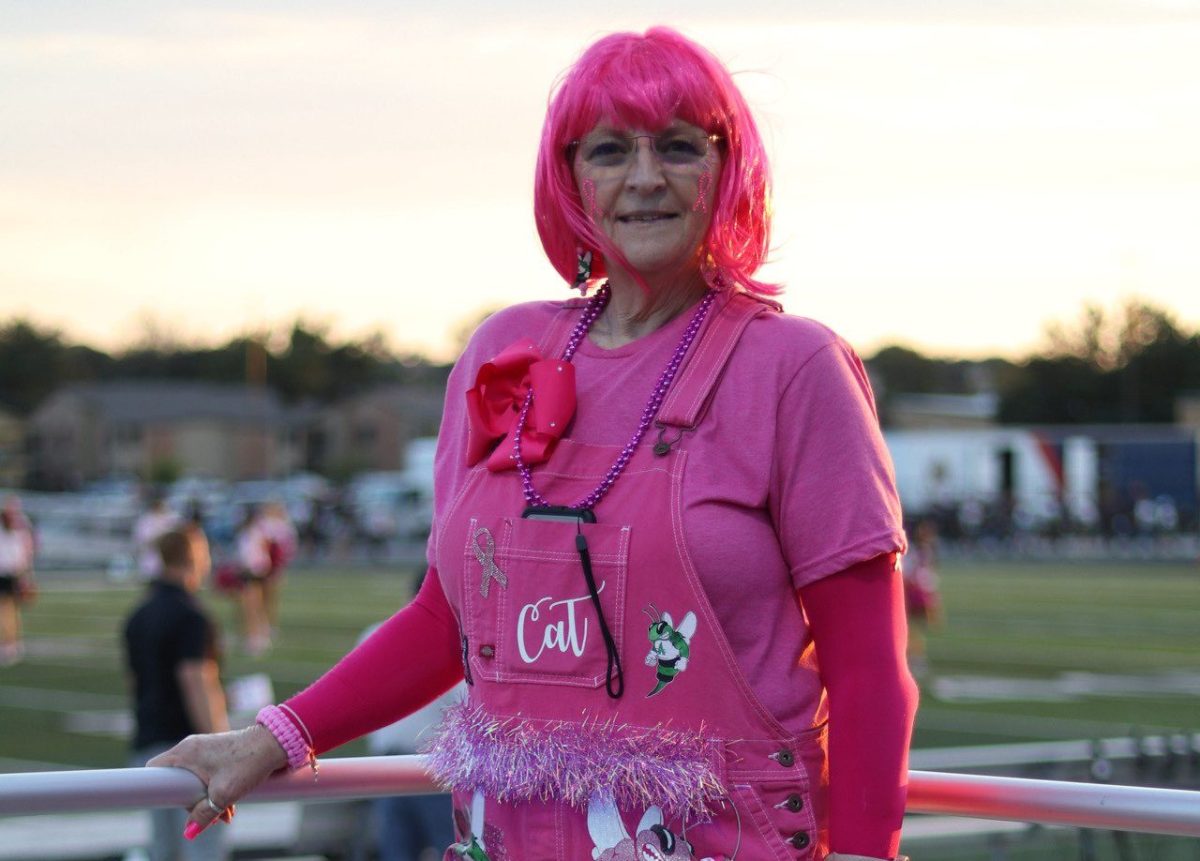This article contains sensitive material that may be triggering to some readers. Please read with caution and consider seeking support if needed.
******
April 2025 saw the surprise resurgence of an internet challenge from over a decade ago: the ice bucket challenge.
Challenges involving pouring buckets of ice over one’s head have existed since the 1990s, but during their genesis were mostly contained to certain regions or organizations. This changed in 2014 when Matt Lauer participated in the challenge on The Today Show, raising funds for the Hospice of Palm Beach County.
In its most recognizable and viral incarnation, the challenge sees participants be nominated by a friend or family member to dump a bucket or tub of cold ice water over their head. The participant then nominates a contingent of their social circle and the challenge spreads.
Shortly thereafter, as the challenge began to spread with no charity in mind to most of the internet, ALS activists Pat Quinn and Peter Frates co-created the ALS Ice Bucket Challenge. The ALS Association would award both men the ALS Heroes award, and the challenge was promoted heavily by the association.
This year, though, the challenge has been revived with a new purpose: spreading awareness for mental health issues. The force behind this new incarnation is the University of South Carolina’s MIND (Mental Illness Needs Discussion) Club, and spread by way of the hashtag #SpeakYourMIND.
While I think the shift in focus away from ALS, a disease that still sees nearly 5,000 new cases every year, is potentially questionable when a separate challenge could have been made for mental health, that is not what I am writing about today.
This past Easter, during the height of the Speak Your MIND Challenge’s popularity, somebody very close to me lost their life after a hard fought battle with mental health issues.
Upon learning of her death, all the while still seeing my friends and family participating in this challenge all over social media, my head began to race with thoughts. Apart from the grief, heartbreak, guilt, and confusion that come with losing a loved one, I also began to wonder how this challenge has impacted society’s view of mental health topics in general.
I have also struggled with my mental health for many years, as have dozens of other people I am close to. It’s a topic with which I am all too familiar.
While the sentiment is helpful, and I do think that challenges and campaigns like this do help to normalize the topic, mental health issues are just as prevalent now as ever.
So the real reason I am writing this article is to present further steps in the fight against mental illness. I think there needs to be awareness not just for the illnesses themselves, but also the things that average people like you and I can actually do to help.
Mental health can be a tricky subject to grasp for many. It doesn’t present itself like a physical illness might. Sometimes it may never present itself outwardly at all. Even within the same condition, people can present their condition in wildly different ways. All these factors, combined with our general lack of knowledge of the way the human brain truly works, has led to mental health subjects being stigmatized and misunderstood for much of history.
While recent progressions in the collective consciousness have brought these issues to the forefront now more than ever, the aforementioned barriers still exist. Even though people are far more willing to listen and learn about mental health, it isn’t easy when the topic is so hard to grasp, and mental health issues can be near impossible to detect in some cases.
The best we can do is check in on people. It’s something that’s been emphasized quite a bit, but it bears repeating. If you notice a change in behavior from a friend, ask about it. If something happens to them that’s significant in their life– good or bad– ask them how they’re dealing with it. Even just a few times a week, check in and make sure your loved ones are doing alright.
Make yourself a safe person to them. Let them know you love them, and that you’ll be there to help them through whatever they need. Mental health issues can be hard to sort out, and most people don’t have the tools necessary to help resolve others’ issues at the root, but for many people who are struggling, simply having somebody they know will listen to them is a massive help.
Remember to keep an open mind. Mental health issues span a broad range, from depression to anxiety, and even things like addiction can be classed as mental health issues. Reserve your judgements and knee-jerk reactions. These problems are never pretty, but your tolerance and acceptance can be a massive help to somebody who is struggling.
If you do know somebody is struggling, encourage them to seek help. Options are available, even beyond the usual option of therapy which most peoples’ minds immediately jump to. Medication can help relieve effects of some disorders. Services exist to place those who are struggling in a more supportive environment, or give them tools at home to help. In some severe cases, physical procedures can be used.
If you believe somebody you know is an immediate danger to themselves or to others, or you yourself fall into one of those categories, please call the national crisis hotline (988).
In all this, though, don’t neglect yourself. Your top priority should be your mental health. If you notice irregular thought or behavioral patterns emerging in you, take note of it. It may be helpful to start journaling the things you’re experiencing. If these irregularities persist, consider reaching out for help or talking to a loved one.
Physical health is tied to mental health, too. Regular exercise stimulates the body and mind. Simply being in the fresh air during the day can drastically improve mood. Maintaining a healthy and consistent sleep schedule and diet has been shown to reduce symptoms of many mental disorders. Your mind is nothing if not the control center for your body, so remember to take care of the latter just as much as you focus on the former.
If you are able, consider making a monetary donation to a mental health related charity. From local to global, there are charities that conduct outreach for all matters of mental health issues. Take some time to research charities and nonprofit organizations near you.
Writing this, I wonder how much of this would have helped my friend. The increased awareness of mental health issues in recent years has been encouraging, but every day we are faced with staunch reminders of how much further we have to go. The duty falls on all of us to help ourselves and help each other to make the world a brighter, more inclusive place for all minds.
This story was originally published on The Uproar on May 8, 2025.








































